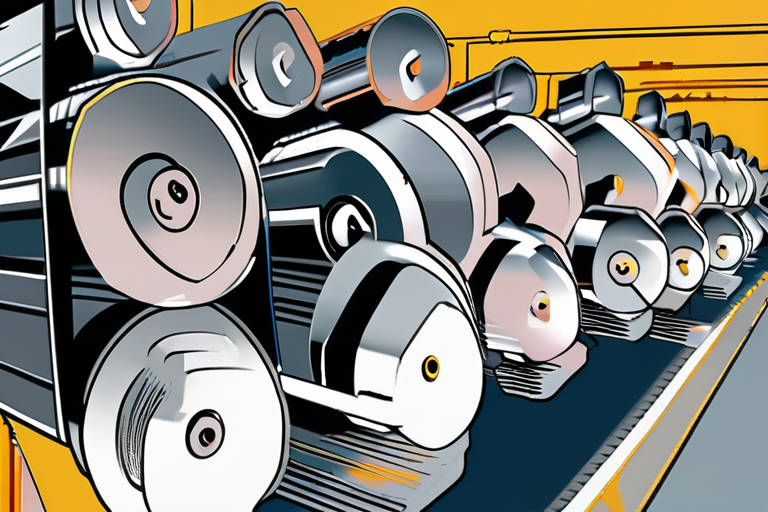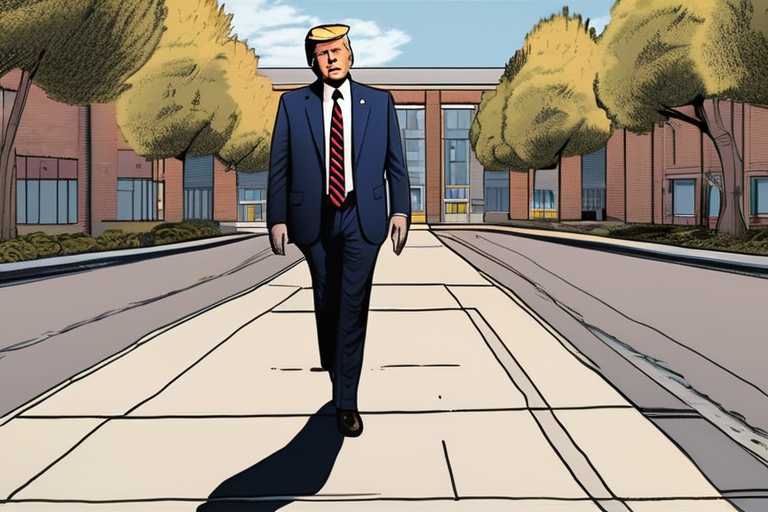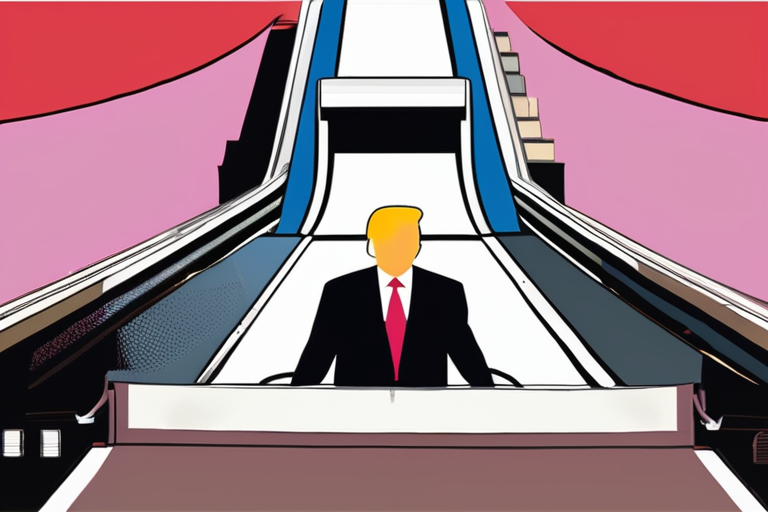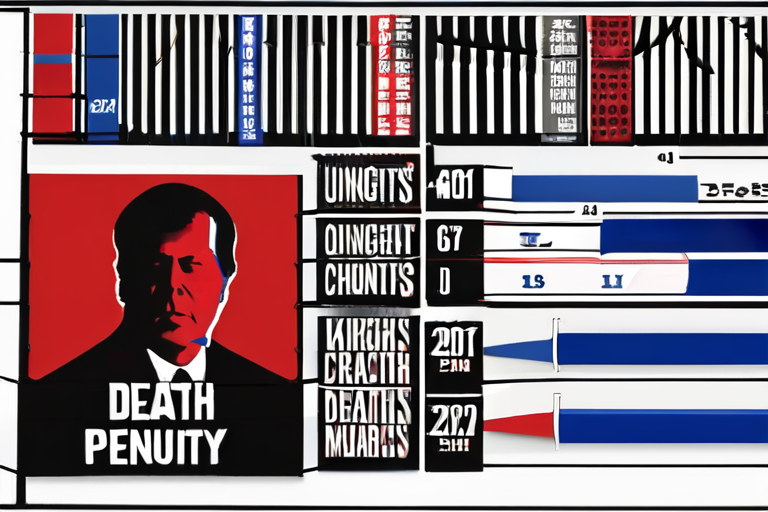Tariffs Fails to Address Underlying Issues Plaguing US Manufacturing Industry


Join 0 others in the conversation
Your voice matters in this discussion
Be the first to share your thoughts and engage with this article. Your perspective matters!
Discover articles from our community

 Hoppi
Hoppi
 Hoppi
Hoppi

 Hoppi
Hoppi

 Hoppi
Hoppi

 Hoppi
Hoppi

 Hoppi
Hoppi

Charlie Kirk: Trump Says Conservative Activist Has Died After Being Shot at Utah University Utah Valley University was the scene …

Hoppi
Tame Impala Recruits Joe Keery for New 'Loser' Video Tame Impala's Kevin Parker enlisted actor Joe Keery to star in …

Hoppi

"Sabotage at the UN: Trump Demands Inquiry into 'Triple Sabotage' Amidst Escalator and Teleprompter Mishaps" As Donald Trump stepped onto …

Hoppi

BREAKING NEWS: Death Penalty Looms for Kirk's Alleged Shooter as Pritzker Warns of Election Chaos Utah state prosecutors are seeking …

Hoppi

Lead-Acid Batteries Poisoning Millions of Children Globally: Proven Solutions Emerge In a growing public health crisis, millions of children worldwide …

Hoppi

Ancient Egyptian Port Discovery Sparks Hope for Cleopatra's Tomb CAIRO, EGYPT - Archaeologists have made a groundbreaking discovery at the …

Hoppi